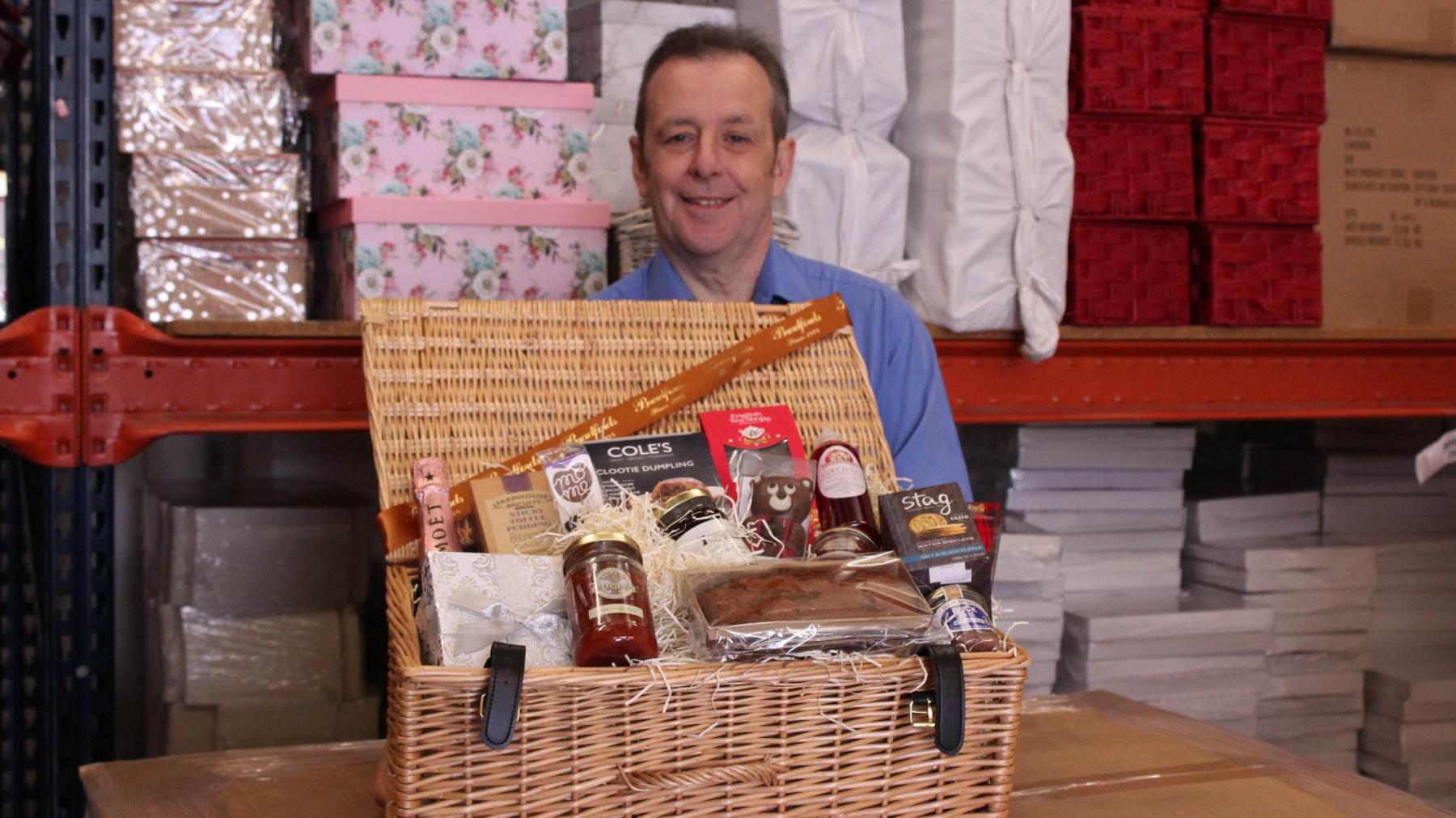The way we do business with the EU has changed. Many firms are already adapting to the new rules and making plans for the future. If your business has not introduced changes, it is not too late.
But you must act now!

New rules for doing business with Europe are in place and you must act now to continue trading with the continent.
The UK Government has already minimised disruption, staggering border control changes.
But you must ...
-
Make customs declarations when exporting goods to the EU – couriers, freight forwarders or customs agents can help.
-
Ensure you have an EORI number starting with GB, check new rules for importing and exporting, and that your goods meet origin rules.
-
If exporting, you need to check the EU business you’re exporting to is also ready. If you’re due to travel to the EU for work, you may need a visa or work permit.
-
If you want to hire from outside the UK, including the EU, you must be a Home Office licenced sponsor under the UK’s new points-based immigration system.
MAKE CHANGES
Trading with Europe has changed. So, to avoid disruption to your company’s operations, you need to make changes too.
Visit the gov.uk/transition site and use the Brexit checker tool to access personalised actions for your company.
TEAMWORK IS VITAL

Teamwork is the secret of UK transition success, according to an award-winning Cumbrian family business. “There are UK Government website resources,” confirms Barry Leahey, MD of ninth generation family firm Playdale Playgrounds. “There’s also the Department for International Trade. The CBI has an excellent website, there’s lots of assistance on there, as does the IOD and local chambers. “We’ve accessed all these great resources to create an action sheet. All the information is out there. “You’ve got to do your research but you only have to do it once,” continues the business boss who “sells fun all over the world”, his 100-plus workforce supplying 51 countries. “In the first weeks of January we’ve got goods on the road. What we’re finding is our European partners, who we’ve prompted, have also been breaking old habits and creating new ones “I think everything’s going smoother than we expected.”
‘IT’S NOT A HASSLE’

Companies still preparing for the new rules should not “bury their heads in the sand.”
“It will sort itself out. You have to deal with things you’ve never dealt with before. But, once you’ve put the systems in place, it’s not as big a hassle as you think,” assures James McGoldrick.
Bradfords successfully supplies luxury hampers, baskets and gift sets to the EU and beyond thanks to following UK Government guidelines.
“The UK Government website was very good, it took you through everything,” he confirms, reassuring other operators who must now swiftly follow suit that “these things are all quite quick actually.”
‘YOU’RE NOT ALONE’

“We’re all in this together” reassures a South Wales company chief whose family firm is successfully trading under the new rules.
Two thirds of Neath-based Naissance’s essential oil sales are with “important trading partners” within the EU.
“My advice is don’t bury your head in the sand,” advises Jem Skelding, who employs over 100 staff.
“We’re all trying to figure this out. If you are struggling with it, or finding it difficult, you’re not alone, there’s help and advice.
“The UK Government website has lots of useful information.
“The light at the end of the tunnel is we’re seeing progress, things are improving. Try to see the positives.” Jem stresses urgent action from business is required regarding VAT, GDPR, EU workers, duty deferment, terms and conditions, contracts, customs declarations and agents as well as Economic Operators Registration and Identification numbers.
“As things settle down, new opportunities will undoubtedly present themselves.”
.gif)
#This article is part of a paid for Partnership with the UK Government


















